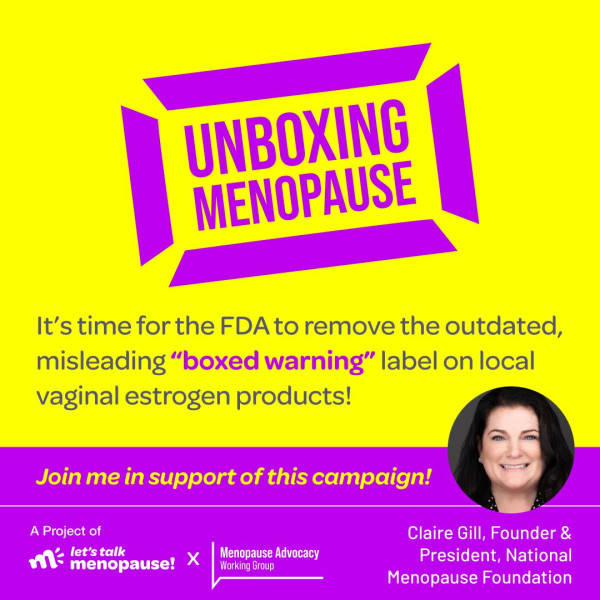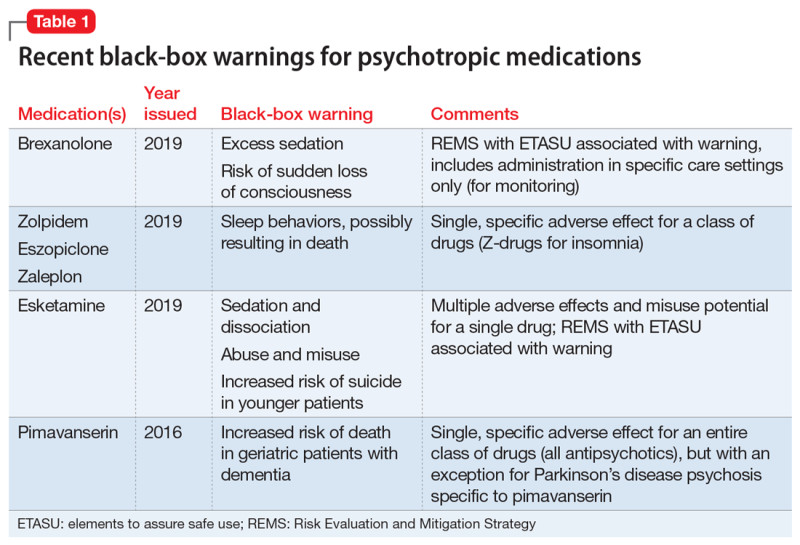In a significant shift for women's health, the Food and Drug Administration has announced plans to remove longstanding black box warnings from menopausal hormone replacement therapy products. These stark alerts, in place for over 20 years, highlighted risks like heart disease, blood clots, breast cancer, and possible dementia tied to HRT therapy. The move comes as the FDA recognizes that earlier studies, notably the Women's Health Initiative from the early 2000s, painted an overly broad picture without considering factors such as a woman's age or when she starts treatment.
The decision targets combined estrogen-progestin therapies commonly prescribed for symptoms like hot flashes and night sweats that disrupt daily life for millions of women during menopause. Importantly, the FDA is keeping the endometrial cancer warning intact for estrogen-only products, underscoring that not all risks are off the table. Officials argue the original warnings discouraged many from seeking relief, potentially harming quality of life more than the therapies themselves in appropriate cases.
Experts note this could encourage more nuanced discussions between patients and doctors about HRT benefits versus drawbacks, especially for those under 60 or within a decade of menopause onset, where data shows lower risks. Still, the agency emphasizes individualized assessments, as long-term use remains a point of caution. With menopause affecting roughly 1 million U.S. women annually, this update might reshape how we approach hormonal relief.
As science evolves on these therapies, one wonders if this change truly empowers women or simply reframes an ongoing debate on safety and choice.



